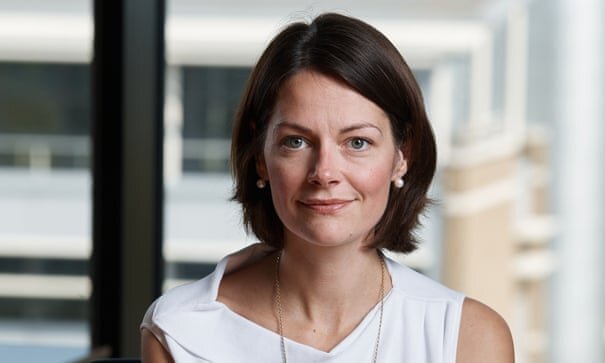Rubi Labs has raised £5.3 million ($8.7 million) in additional seed funding, bringing it one step closer to creating scaleable carbon-negative viscose.
Rubi Labs, which was founded by twin sisters Neeka and Leila Mashouf, is a biotech company that aims to revolutionise sustainable textiles in the fashion industry. It uses a biochemical processes to turn carbon dioxide from the waste streams of manufacturing facilities into cellulose. The cellulose is then turned into lyocell yarn for textiles, creating fabrics without contributing to deforestation.
Rubi Labs’ latest round of funding was led by Talis Capital, Patagonia’s Tin Shed Ventures and H&M Group. Its total funding now stands at £11.3 million ($13.5 million).
The funding will power the next phase of testing, which will determine how well the material slots into existing supply chains, create prototype products, and sell prototypes in limited edition capsule collections prior to scaling.
In addition to existing partners H&M and Patagonia, the next phase will include projects with Ganni, Reformation and Urban Outfitters’ Nuuly.
Nicolaj Reffstrup, Founder of Ganni, said: “Rubi Laboratories is an exciting fabric development that has the potential to be climate positive as it looks to sequester carbon from the atmosphere in various manufacturing processes.
“We ultimately need to get to a place where we can create products that leave a truly positive impact. Fabric innovations will play a crucial role in getting fashion to that point, but for this to happen brands need to place bets and take risks. This is why we’re committed to supporting and investing in breakthrough fabric innovations like Rubi Laboratories through our innovation initiative ‘Fabrics of the Future’.”
The testing will span a total of six months and is already underway for most of the brands, which retail at various price points.
Neeka Mashouf, Co-founder and CEO of Rubi Labs, commented: “The first phase was material testing, which validated that our material has the key characteristics brands look for in terms of performance and quality and that it matches up to conventional cellulosics.”
“It’s no secret that fashion supply chains are really complex, that most brands don’t own their supply chains, and that many don’t have oversight of the whole chain. We’re bringing on manufacturing partners to try to mitigate these risks and make it as cost-effective as possible.”

